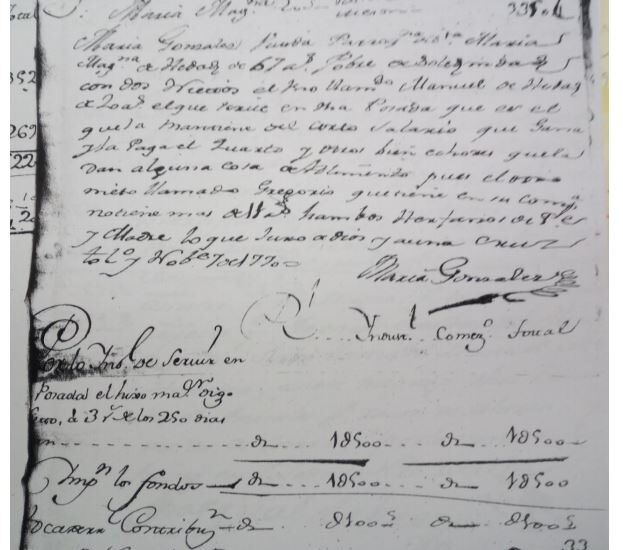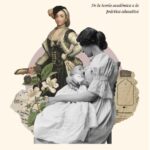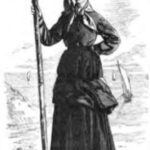The exclusion of women from the field of education has been a widespread reality for many centuries, and Europe was no exception. Despite the fact that this area gradually became one of the most outstanding centres of knowledge production on the planet, the succession of paradigms of knowledge (Scholasticism, Scientific Revolution, Enlightenment, etc.) did not contemplate women as generators of knowledge. At this time, the role of women was to be reduced to housework and the education of children. Nevertheless, the profile could vary according to social status. For example, women who belonged to the nobility or the bourgeoisie could be somewhat better educated than their lower-ranking counterparts. Women’s education had already been considered as far back as Plato, and in the modern era, Juan Luis Vives’ work (De institutione feminae christianae), published in 1523, was also a case in point. However, the repercussions of this type of approach were not profound, and it would not be until the 18th century that a concern for the instruction of women would be shown. In this case, this is a text from the 16th century which shows the marginal situation of women in the field of education. It would be interesting to show the students the historical situation of exclusion of women from educational training, which on the other hand explains their absence in the production of knowledge, inventions, etc. Despite the fact that in the underground there will always be women who escaped from these rigid rules that for centuries governed society, it would be interesting to show the students the historical situation of women’s exclusion from educational training, which also explains their absence in the production of knowledge, inventions, etc
Collection: Texts
Chronology: XVI
Scope: Secondary Education, Baccalaureate, University
Link: https://rua.ua.es/dspace/bitstream/10045/82668/1/Revista-de-Historia-Moderna_36.pdf
Resource type: Historical source
Source: Tres i Arnal, Joan (ed.), Cristòfor Despuig: Los Col·loquis de la insigne ciutat deTortosa, Barcelona, Curial, 1986.
Language: Catalonian
Date: 1557
Owner: Djebril Bouzidi (Modernalia)
Identifier: Tres i Arnal, Joan (ed.), Cristòfor Despuig: Los Col·loquis de la insigne ciutat de Tortosa, Barcelona, Curial, 1986.
Abstract: Fragment of text in which Cristòfor Despuig criticises the state of instruction in which women find themselves
Tags






